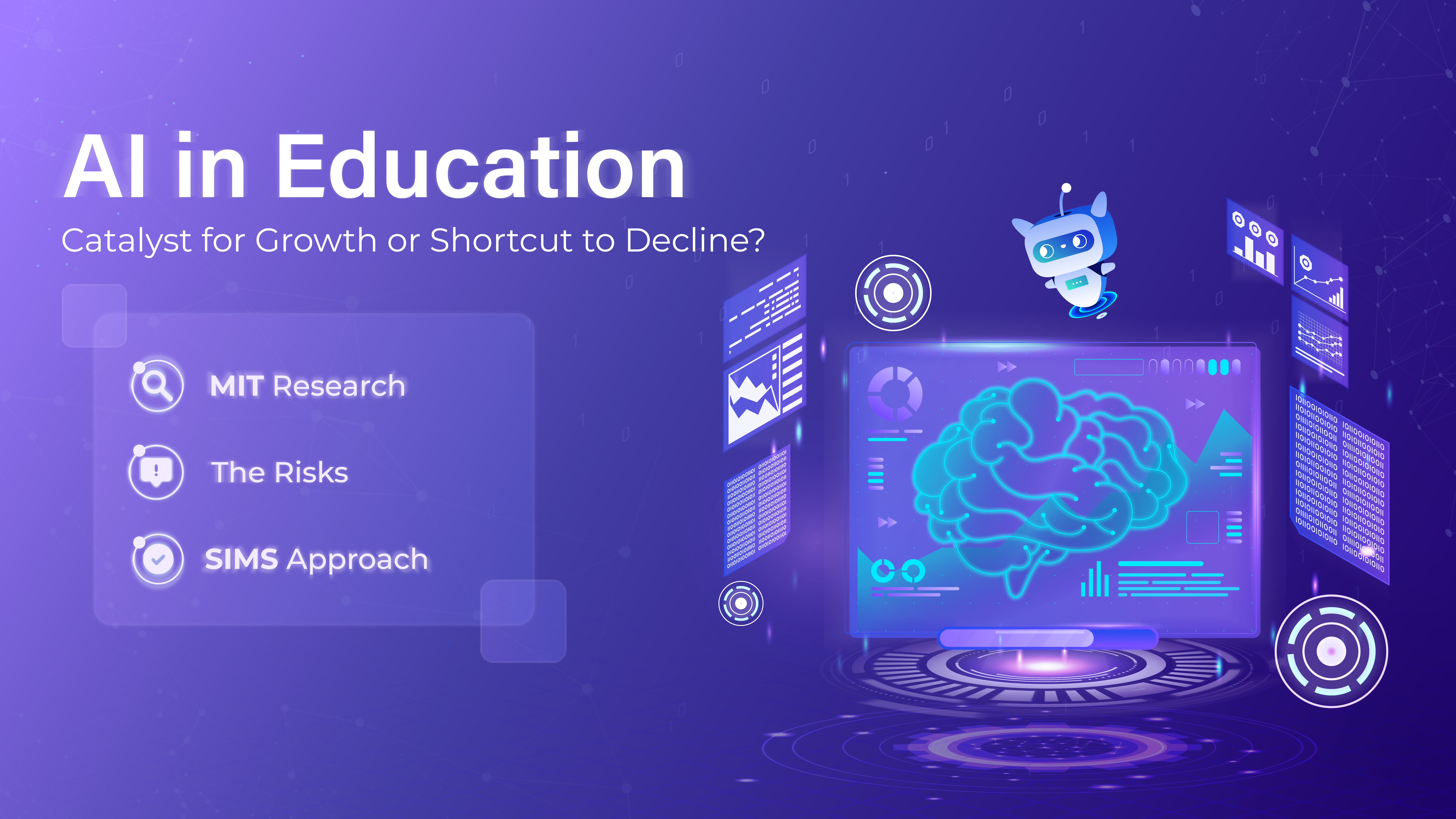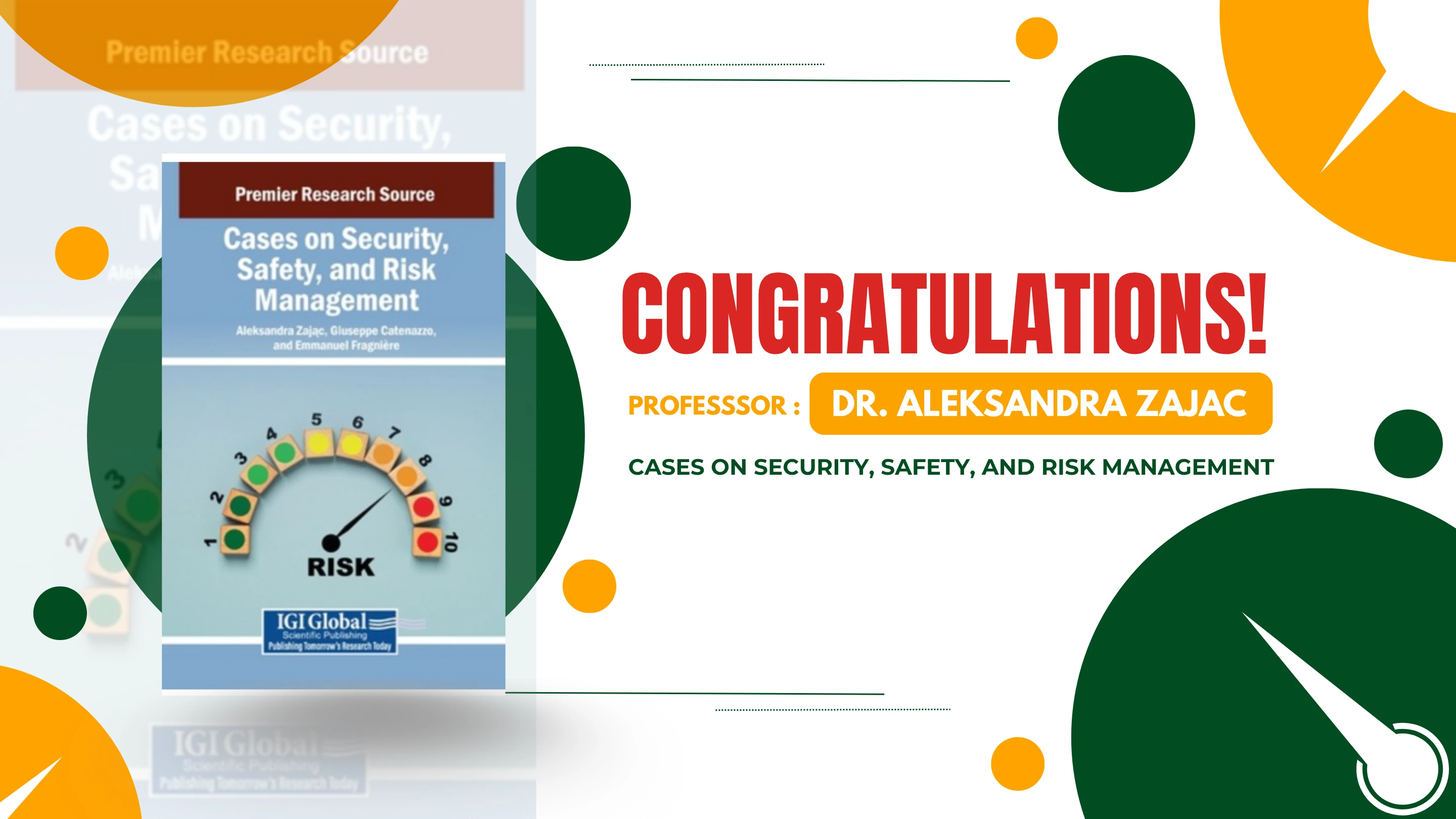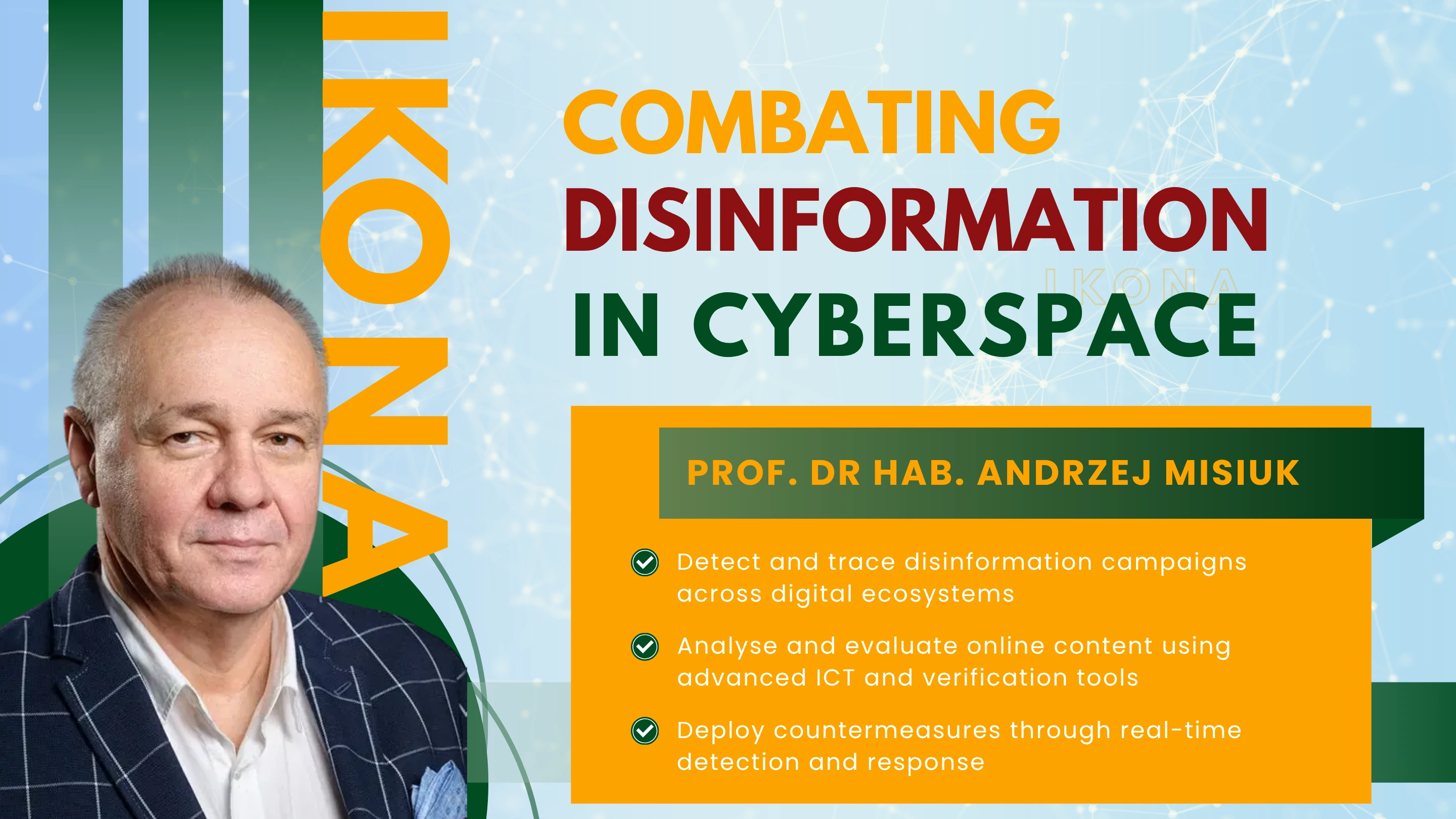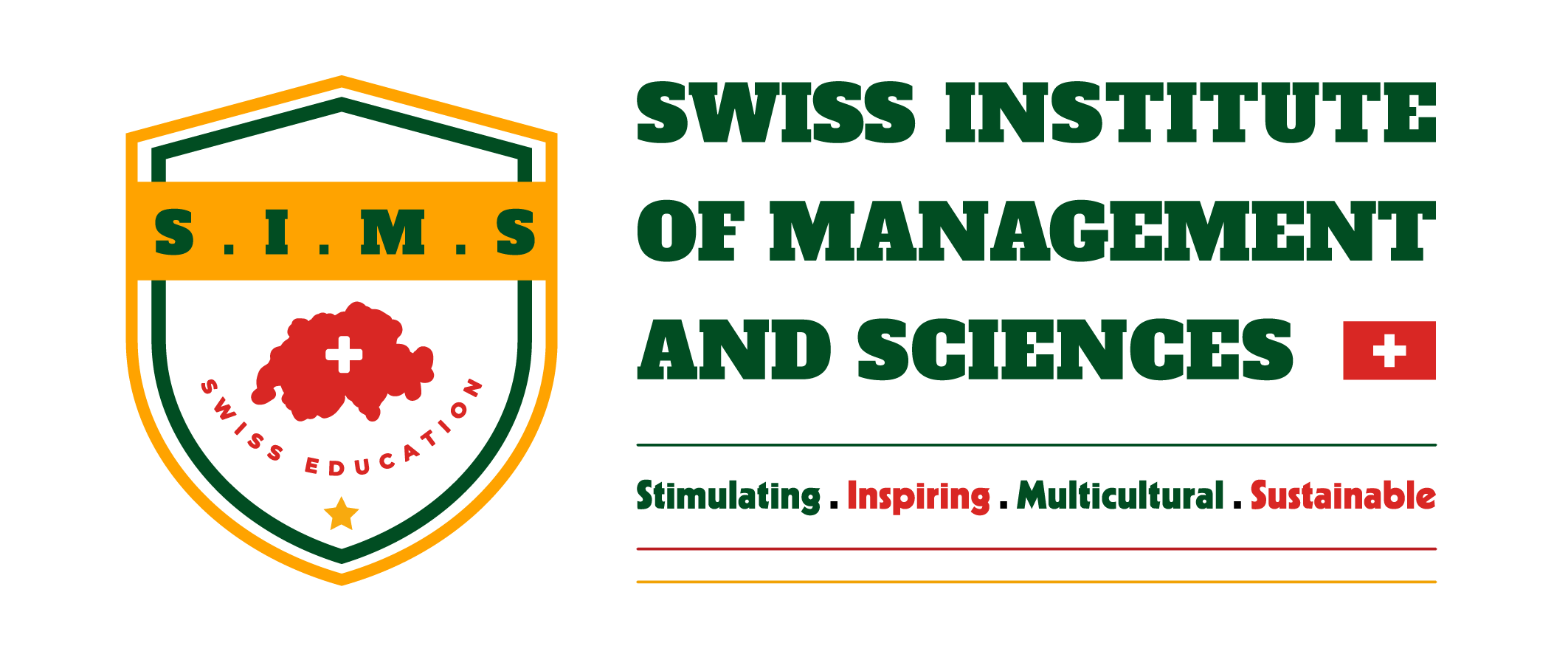AI in Education: Catalyst for Growth or Shortcut to Decline?
In today’s era of digital transformation, artificial intelligence is revolutionizing every aspect of our lives—and education is no exception. Tools like ChatGPT are now staples in classrooms, lecture halls, and home study sessions. From helping students draft essays to explaining complex concepts or generating research outlines, AI is rapidly becoming an indispensable assistant.
But as we integrate these tools into the learning process, an essential question emerges: Is AI enhancing education, or is it quietly undermining the very foundations of learning?
What MIT Discovered About AI and the Brain
A recent study from the Massachusetts Institute of Technology (MIT) shines a light on this dilemma. Researchers monitored the brain activity of 54 participants over a four-month period using EEG (electroencephalogram) technology. Participants were divided into three groups:
- One used ChatGPT
- One used Google
- One used no external tools—relying solely on their own thinking (dubbed the “Just Brain” group)
The findings were striking. Participants who frequently relied on ChatGPT showed significantly lower levels of brain activity compared to the other groups. Not only did they struggle with memory recall and creativity, but many also felt disconnected from the content they produced.
In contrast, participants who used Google or relied solely on their own thinking demonstrated higher levels of cognitive engagement, better retention, and greater ownership of their ideas.
The Risk of Mental Passivity
This isn't just about short-term mental fatigue—it’s about a longer-term risk: cognitive atrophy. Like any muscle, the brain weakens when it’s not used. As learners increasingly outsource critical thinking to AI tools, they may be developing a habit of mental passivity.
Moreover, the MIT study warned of algorithmic bias: AI platforms may prioritize information that aligns with their training data—often influenced by commercial interests—rather than factual accuracy or educational value. This can lead users into narrow "information loops," where independent thought is replaced by automated, probabilistic suggestions.
Education Is More Than Information Delivery
At the Swiss Institute of Management and Sciences (SIMS), we believe the true purpose of education isn’t just to access or reproduce information. It’s about developing the ability to think critically, creatively, and ethically.
Informed by educational philosophies like Bloom’s Taxonomy, we aim to move students beyond simply remembering and understanding, toward analyzing, evaluating, and creating. That’s why our learning model goes far beyond content delivery.
SIMS’s Approach: Human-Led, Tech-Supported Learning
At SIMS, we embrace AI—but with caution and purpose. We see it as a tool to enhance human thought, not replace it.
- Our students are trained to ask the right questions before seeking answers
- They are encouraged to form hypotheses before validating them with tools
- And they are empowered to critically evaluate and challenge information—even when it comes from AI
By emphasizing self-directed learning, digital responsibility, and independent inquiry, we ensure that our students don’t just consume knowledge—they create it.
Reframing the AI Conversation
AI is not the enemy. Tools like ChatGPT are not inherently harmful. The real issue is how we use them.
When used responsibly, AI can boost productivity, streamline research, and support deeper learning. But when misused as a crutch, it can suppress the very skills that education is meant to foster.
The future of education must rest on a clear principle:
AI is a powerful assistant—but the destination must always be human thought.
Final Thoughts
In a world saturated with data and algorithms, the ability to think independently, ethically, and creatively is more valuable than ever. As educators, institutions, and students, we face a choice: let AI lead, or use it as a companion on the path to real learning.
At SIMS, our choice is clear—we put the human mind at the center. Because in the end, the greatest advantage in the age of AI... is still the ability to think like a human.





